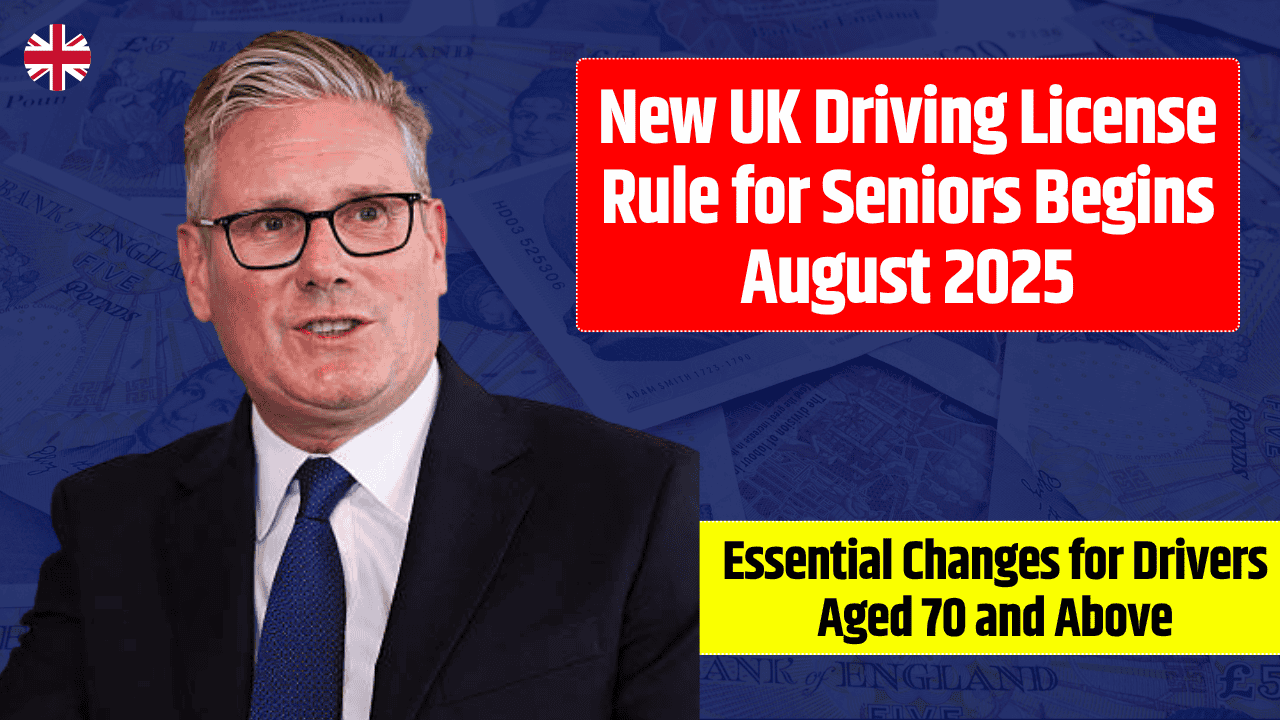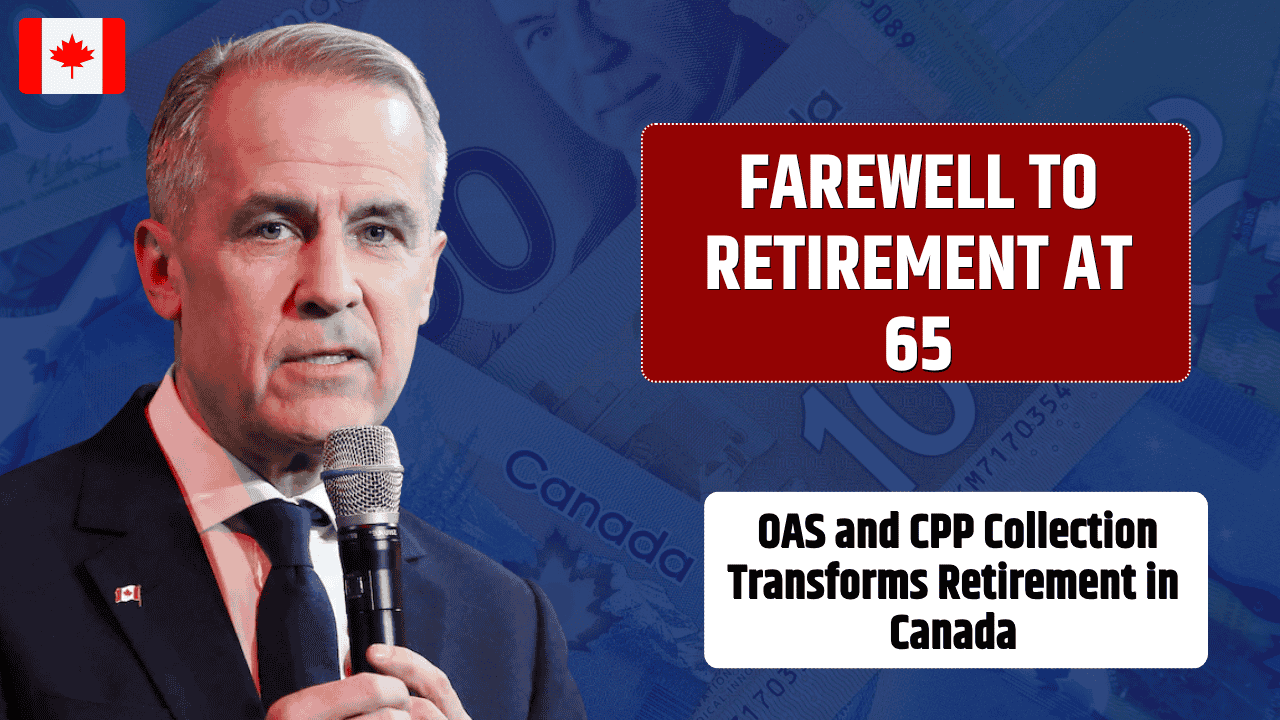Here’s a tricky conversation nobody wants to have:
You’re 72, your reflexes aren’t quite what they used to be, and your daughter just brought up “that article she read” about new rules for older drivers in the UK. Awkward silence. Maybe even a little tension.
But here’s the deal — this isn’t about taking away keys. It’s about safety. Yours, mine, everybody’s on the road. And starting August 2025, the DVLA (Driver and Vehicle Licensing Agency) is tightening the screws on what it means to be fit to drive past 70.
Thing is, the official rules are still a bit murky. But here’s what we do know — and how you (or your loved ones) can navigate the bumpy road ahead.
Current Rules: Still Pretty Chill (For Now)
If you’ve hit 70 in the UK, you already know the drill.
Every three years, you’ve gotta renew your license. No biggie — just fill out a form, self-declare your health status, and confirm that your eyesight’s up to snuff. No need to see a doctor or take a test unless you’ve got specific medical issues.
But… that’s about to change.
What’s Changing in July 2025?
The DVLA hasn’t dropped the full rulebook yet — as of August 2025, we’re still waiting on the fine print. But based on early reports and government statements, here’s what’s likely on the horizon:
| Anticipated Changes | What It Means |
|---|---|
| More medical documentation | Seniors may need a doctor’s sign-off, especially if they’ve got conditions like dementia or epilepsy. |
| Vision and reaction testing | Eye tests might become mandatory; cognitive assessments could follow. |
| Targeted reviews | Drivers with known health risks may be flagged for in-person checks. |
| Stricter renewal protocols | The three-year renewal cycle might include more detailed health screening questions. |
It’s not about blanket bans. It’s about tailoring requirements to health and risk level — just like we do with, say, pilots or commercial drivers.
Why the Crackdown?
Let’s face it: we’re getting older. Fast.
The UK has over 5 million drivers aged 70 and up, and that number is climbing every year. With age comes wisdom, sure — but also a higher risk of slowed reflexes, vision decline, and cognitive slips that can turn a routine trip to Tesco into a dangerous situation.
Stats don’t lie. Studies show that drivers over 80 have crash rates similar to new teenage drivers — and the results can be tragic.
So this isn’t a crackdown for the sake of being tough. It’s a preemptive move to make sure drivers of any age are still fit to handle a vehicle safely.
Who’s Most Likely to Be Affected?
Not everyone over 70 will get flagged. The DVLA is expected to focus on drivers who:
- Have known medical conditions (dementia, Parkinson’s, uncontrolled diabetes, etc.)
- Have previous driving incidents or accidents on record
- Report symptoms that may impair driving (fainting spells, blackouts, etc.)
- Fail to meet basic vision requirements (can’t read a license plate from 20 meters)
If none of these apply to you, it’s likely you’ll just have to keep up the standard renewal and health self-checks. But it never hurts to get your eyes tested and chat with your GP.
Families: You’ve Got a Role Here Too
Let’s be honest — this topic can get real emotional, real fast. Nobody wants to be told they might need to stop driving. For a lot of seniors, the car = freedom. Independence. Dignity.
So how do you approach it if you’re the child or grandchild?
- Start the convo early. Before it’s urgent. No one likes surprises.
- Keep it respectful. Ask questions instead of making accusations.
- Offer options. Maybe it’s about cutting back driving at night or taking a driving assessment first.
- Be supportive. If it comes to giving up the car, help with figuring out public transport, taxis, or community rides.
Remember: this is about safety, not control.
Final Thoughts: It’s Not a Punishment — It’s a Pit Stop
We all slow down eventually. Doesn’t mean we can’t keep moving forward — just maybe with a few more checks along the way.
The upcoming DVLA changes aren’t about yanking licenses. They’re about protecting lives. With a bit of planning, a dose of honesty, and regular check-ins, most older drivers will keep cruising safely — and confidently — for years to come.
So whether you’re 70, 80, or just planning ahead, here’s the takeaway: stay sharp, stay safe, and stay informed.
FAQs
Do I automatically lose my license at 70?
Nope. You just need to renew it every 3 years and declare your medical status.
Will a medical exam be required?
Not yet confirmed. But likely for those with health conditions.
What kind of conditions could lead to losing my license?
Severe vision loss, cognitive issues (like Alzheimer’s), or major mobility impairments.
Is this age discrimination?
No — it’s about risk management. Similar policies exist for young drivers too.
Can I appeal if the DVLA pulls my license?
Yes. There’s an appeals process if you believe a decision was unfair or inaccurate.










